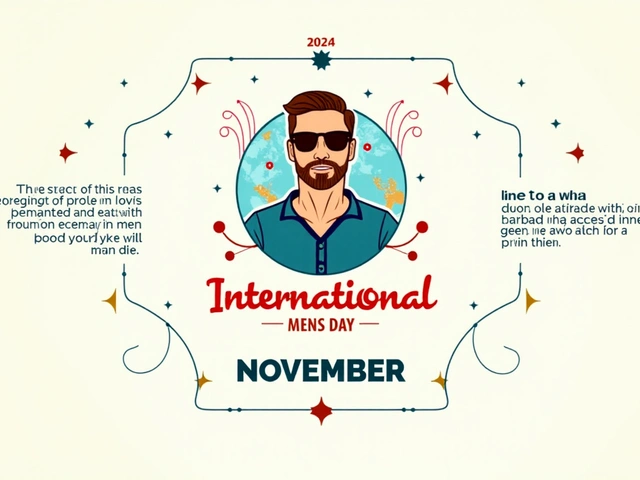Understanding Legal Action: What You Need to Know
Legal action often starts when someone decides to solve a problem through the courts or the legal system. Whether it’s a dispute between people, companies, or even governments, legal action means taking steps like filing a lawsuit, negotiating settlements, or attending court hearings. It’s about using the law to make sure rights are protected and wrongs are addressed.
In daily life, legal action can pop up in many ways — from business disagreements to personal injury claims or disputes over contracts. Knowing how these cases work helps you see what’s at stake and why people choose the legal route instead of just walking away or ignoring the issue.
Why Do People Choose Legal Action?
Sometimes, other methods like talks or mediation don’t work out. If one side feels harmed or unfairly treated, legal action becomes a clear way to seek justice or compensation. It’s an official path where judges, lawyers, and laws guide the outcome. But it isn’t always quick or cheap, and results can vary depending on the evidence, law, and court decisions.
Legal actions can make headlines when big companies battle over contracts or people go public with controversies. For example, a family exposing a fraud scam while fighting medical expenses or governments acknowledging damages after attacks can all involve legal systems at different levels. These stories reveal how legal action impacts society, influencing public opinion and policies.
What Should You Watch for in Legal News?
When following news on legal actions, focus on the facts of the case, what the claim is about, and what possible outcomes might mean for those involved. Lawsuits against powerful groups or public figures often highlight broader issues, like consumer rights, political accountability, or social justice. Plus, developments in these cases can affect many people beyond just the main parties.
Whether you’re curious about a specific case or just want to understand how legal systems work, keeping up with legal action news can give you real insight into how rules are enforced and disputes settled. It also helps you grasp the challenges people face when using the law to stand up for themselves or others.
At Tharagay African News, we bring you clear, up-to-date reports on legal actions with practical info to help you stay informed and aware of how legal matters shape our world today.

Safaricom Reverses Controversial Call Charges Amid Legal Scrutiny and Public Outcry
Safaricom, a major telecom provider in Kenya, has decided to reverse its recent call charge policy following significant public backlash and legal challenges. The swift response to consumer discontent highlights the power of consumer advocacy in influencing corporate decisions. The move aims to restore customer trust and satisfaction.
Categories
- Sports (146)
- Politics (22)
- Entertainment (20)
- World (15)
- News (10)
- Lifestyle (8)
- Business (6)
- Technology (3)
- Health (3)
- Environment (2)



